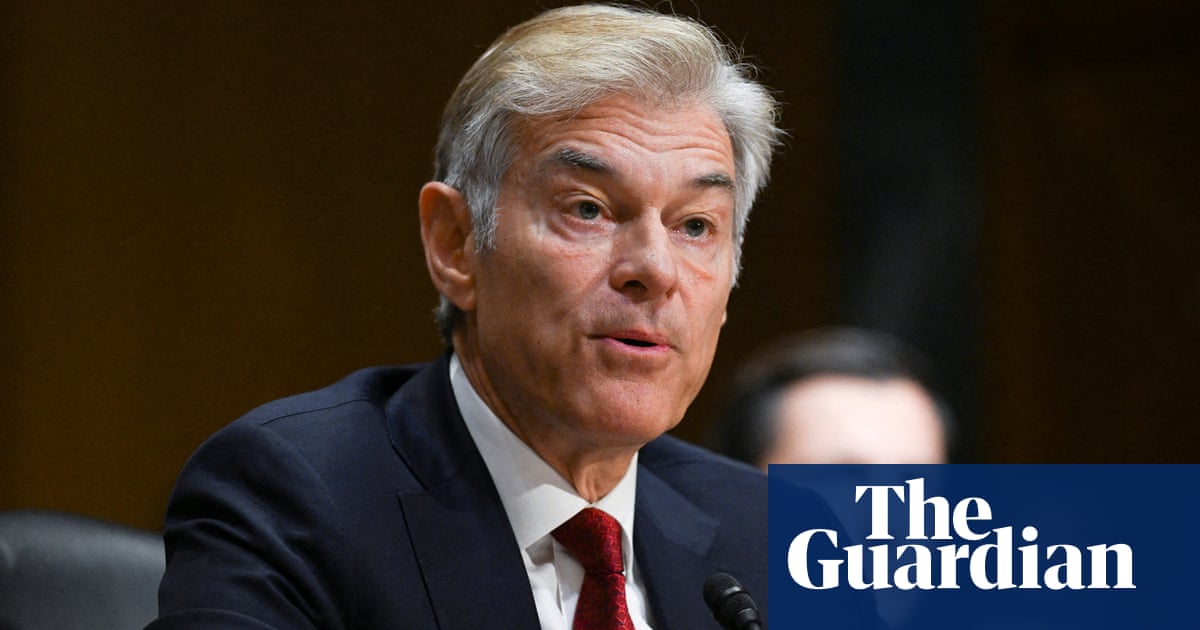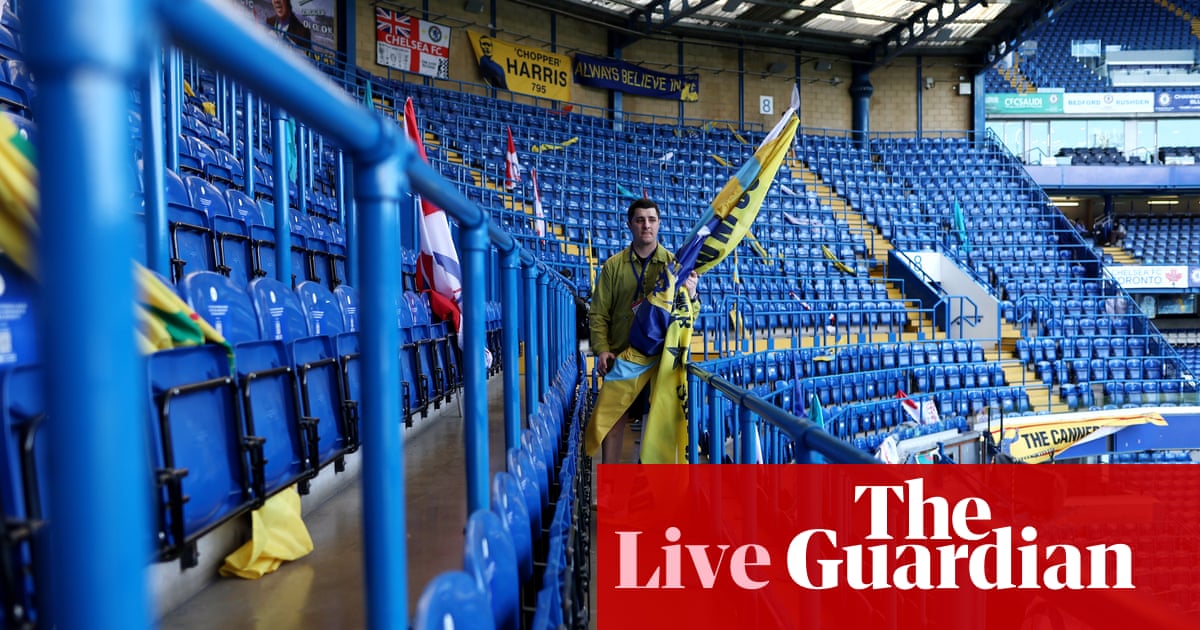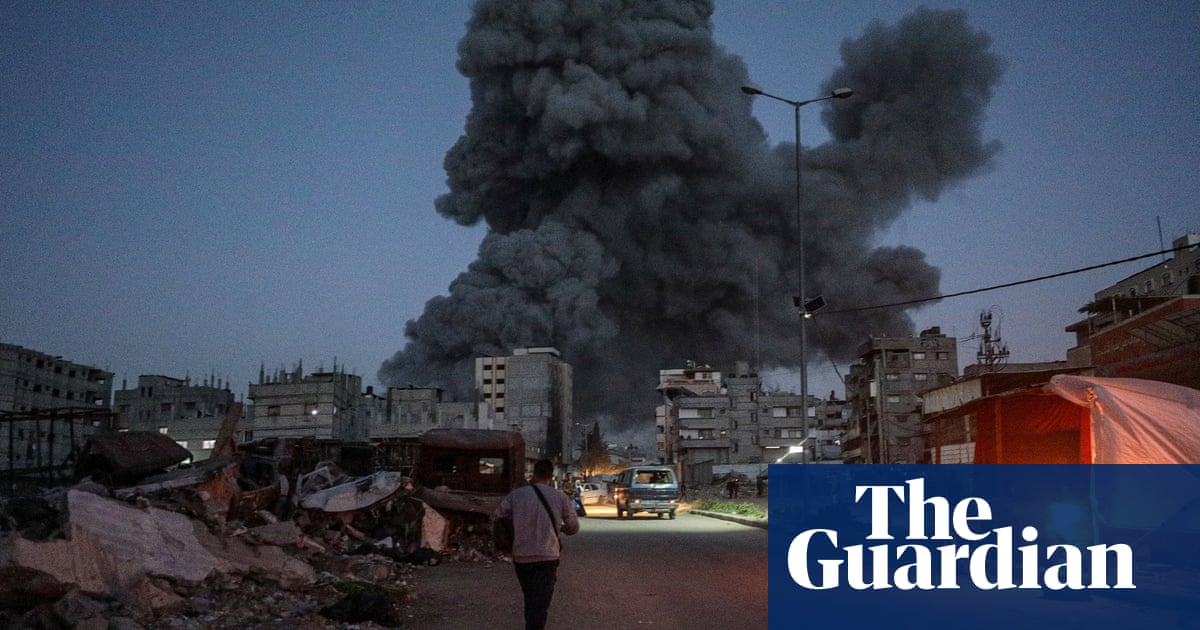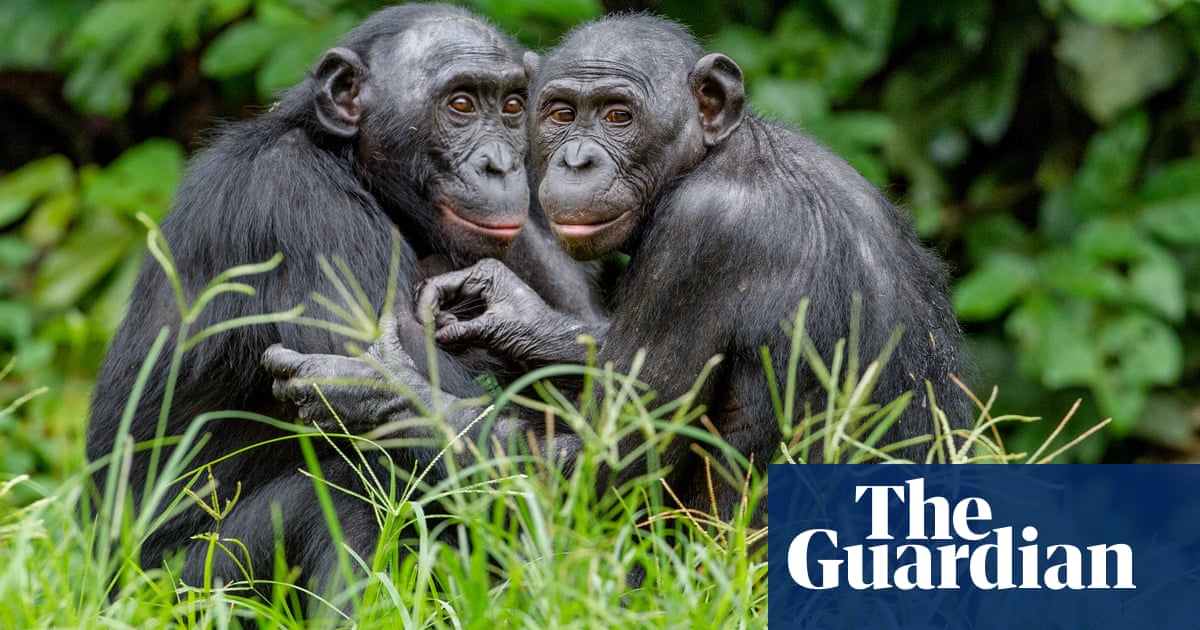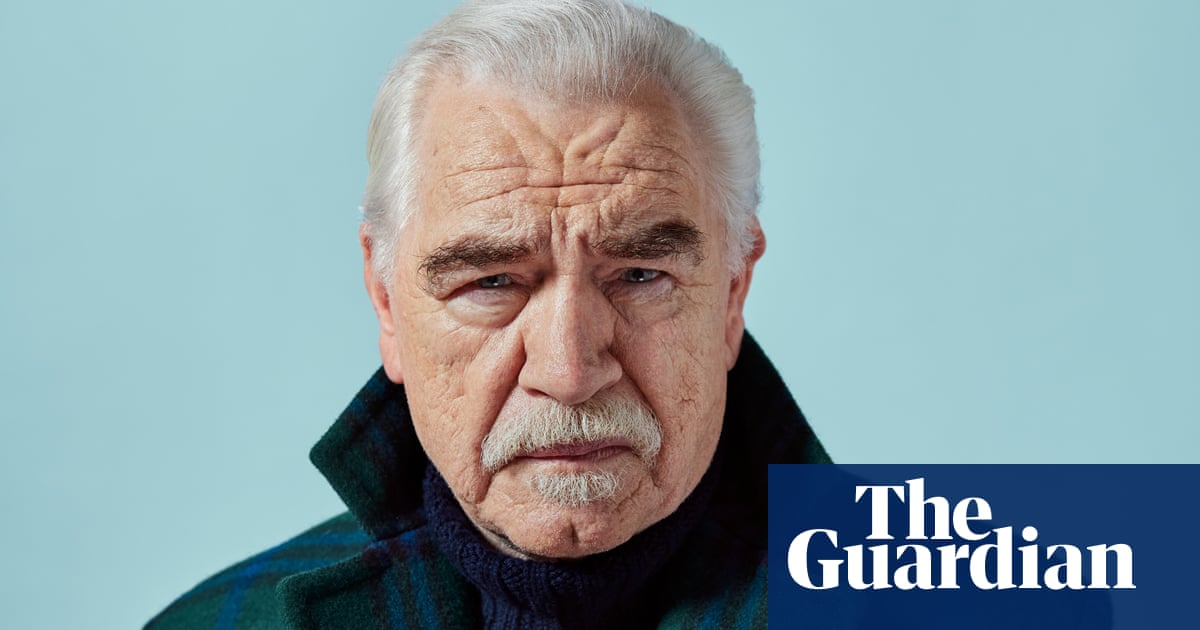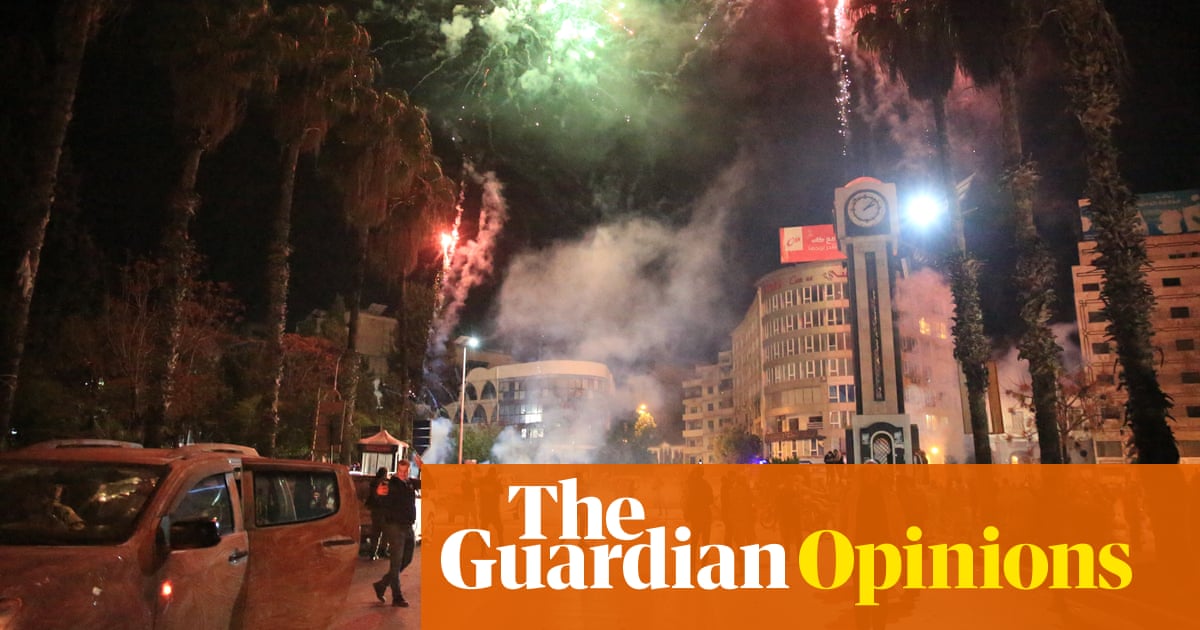When writer-director PJ Hogan made Muriel’s Wedding in 1994, he surely knew he had struck feelgood-movie gold. But maybe he didn’t realise he had personally authored a pivotal moment in Abbamania’s global history: the momentous transitional phase between the band being taboo-naff and being world-conqueringly beloved. (Maybe Mr Hogan should be getting a cut of the Mamma Mia! musicals and the Abba Voyage live show.) Hogan also gave us our first real view of Toni Collette who started the way she meant to go on: being outstanding in everything she is in.
But back in 1994, it was still appropriate that a loser – albeit a lovable loser – could be depicted as an Abba fan; but this movie gets something right that the endless pedantic jukebox musicals that came later get wrong. This crucial pro-Abba film is not itself obsessed with Abba and the soundtrack isn’t wall-to-wall Abba; our heroine says, once she tastes success, “I haven’t listened to one Abba song. That’s because now my life’s as good as an Abba song.”
Collette plays the eponymous Muriel, a lonely teenager who is bullied by a gang of mean girls in her provincial hometown of Porpoise Spit. Her siblings are a bunch of selfish layabouts and her poor mum Betty (Jeanie Drynan) has become catatonic with depression due to the cruelty and infidelity of Muriel’s appalling dad; he is failed politician and crooked property dealer Bill Heslop (Bill Hunter), who has made his money evicting indigenous Australians from their territories. Muriel is obsessed with the music of Abba and the dream of one day getting married. Having desperately misappropriated some of her dad’s cash, Muriel reinvents herself in Sydney and lives with her best mate, the rebellious Rhonda (Rachel Griffiths). But the chance to get her longed-for wedding brings Muriel’s life to a crisis – and Rhonda’s life as well.
The film’s keynote moment is Muriel and Rhonda winning a karaoke competition with a spirited version of Waterloo in their hilarious pastiche Anni-Frid-and-Agnetha outfits, filmed with the traditional full-face/profile dual camera shots. Nothing could look more obvious and familiar now, but when Collette and Griffiths did it, it was celebratory and life-affirming, not satirical; and perhaps even more importantly, it was just the women, with no need of Benny and Björn. This was the moment that Muriel’s Wedding conceived of Abba as the girls-night-out phenomenon, which was what spawned the movie-musical franchise juggernaut that came later. Yet the film boldly goes for some realist heartbreak of its own, as well as containing a positive depiction of a wheelchair user in a non-solemn context. Always a pleasure.

 19 hours ago
2
19 hours ago
2

